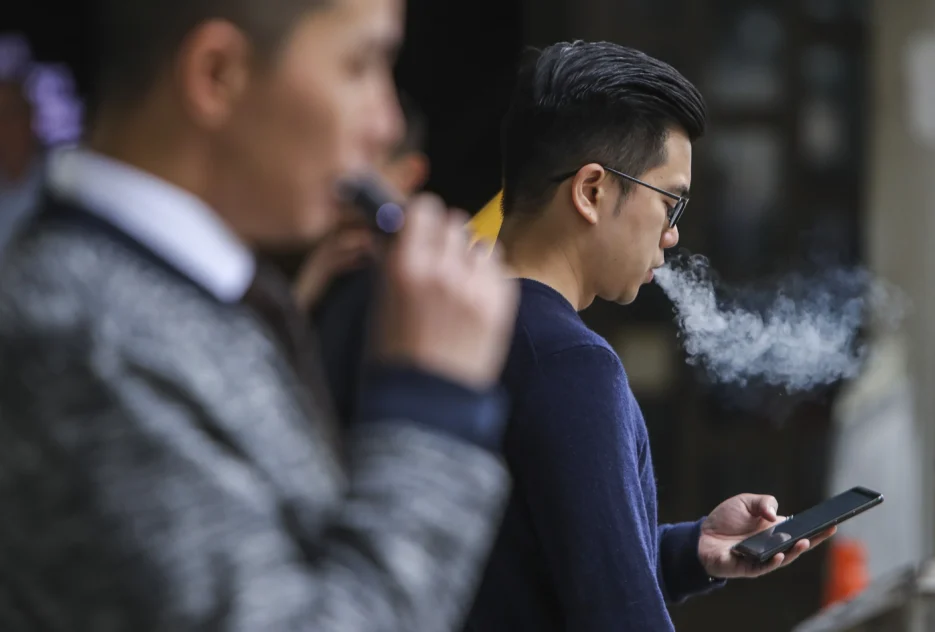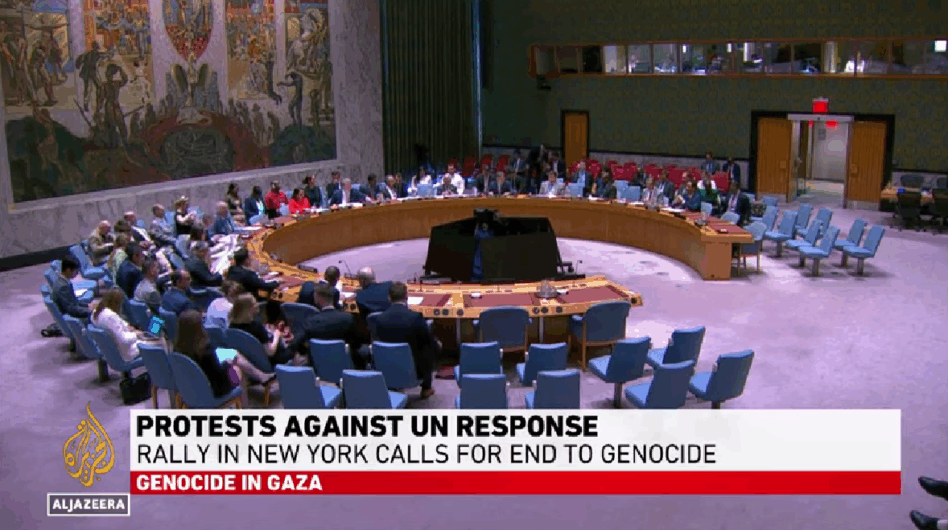MALAYSIA, as a party to the World Health Organisation’s Framework Convention on Tobacco Control (WHO FCTC) since 2005, has pledged to protect public health by reducing the use of smoking products, including vape, towards achieving the Tobacco Endgame by 2040.
The Tobacco Endgame policy, agreed upon by 181 countries, envisions a future where there is no place for the smoking industry or its substitute products in the global public health landscape.
The move by states such as Terengganu, Selangor, Penang, Perlis and Kedah to ban vape sales is a progressive step towards fulfilling this responsibility.
Although recent concerns from vape dealers over potential economic losses have been voiced, the nation’s priority must remain on protecting public health and safeguarding the wellbeing of the younger generation.
It would be irresponsible to prioritize the interests of a “sin industry” over global health commitments.
It is important to recall that in 2016, the Health Ministry (MOH) had recommended to the Cabinet that the use and sale of vape products be completely banned.
Unfortunately, this recommendation was opposed by a Cabinet member whose family had business interests in the vape industry, resulting in a decision not to impose a ban.

Instead, the Cabinet decided to regulate vape sales through:
- The formulation of standards for battery-operated vape devices; and
- The formulation of standards to control the substances used in vape liquids.
Regrettably, even with the enactment of Act 852, the Control of Smoking Products for Public Health Act 2024, questions remain about the effectiveness of these standards in ensuring user safety, particularly concerning risks of battery explosions and the presence of harmful chemicals in vape liquids.
Global experience has shown that partial regulation of smoking products is insufficient to achieve significant reductions in the burden of smoking-related diseases.
Therefore, the ban on vape sales must continue, supported by firm and consistent enforcement actions.
We urge all state governments to remain steadfast in upholding the principles of the WHO FCTC and to accelerate efforts to protect Malaysians—especially children and youth—from
the dangers of nicotine addiction and synthetic drug abuse via vape devices. The future of Malaysia’s public health must not be traded for short-term profits. – April 28, 2025
Main image: NST









